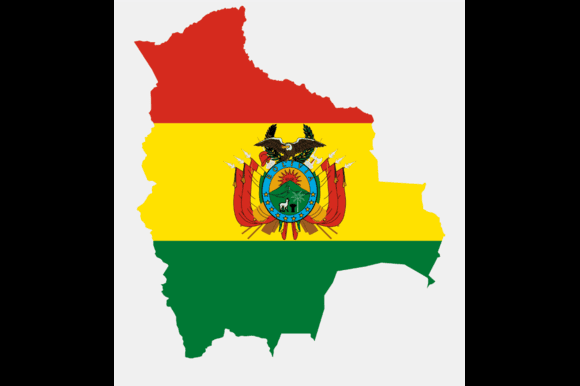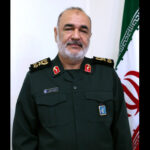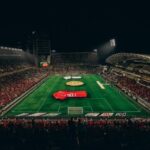At least four people have been killed amid mounting anti-government protests in Bolivia, where tensions continue to escalate between supporters of former President Evo Morales and state security forces ahead of the country’s upcoming elections.
Justice Minister Cesar Siles confirmed on Thursday that the four individuals killed were emergency responders — three police officers and one firefighter — according to a report by the state news agency. “There are already four officers who have lost their lives,” Siles stated during a press briefing in the capital, La Paz, adding that some had died from gunshot wounds.
The latest wave of unrest, fueled by growing dissatisfaction with Bolivia’s struggling economy and Morales’s exclusion from the presidential race scheduled for August 17, has been most pronounced in rural regions — strongholds of support for the former leader.
Morales, a former trade union leader who served as president from 2006 to 2019, is regarded as Bolivia’s first Indigenous head of state and a pivotal figure in reducing poverty. Yet, his leadership also drew criticism for increasingly authoritarian tendencies. In 2016, Bolivian voters rejected a constitutional amendment to permit a fourth consecutive presidential term. Undeterred, Morales sought and received approval from the courts to run in 2019 — a decision that ultimately led to widespread allegations of electoral fraud, political upheaval, and his brief exile.
In recent years, Bolivia’s judiciary has reaffirmed a two-term limit for the presidency, thereby barring Morales from contesting the 2025 election. In response, Morales has accused the government of infringing on his political rights. His supporters, meanwhile, have taken to the streets, erecting roadblocks and clashing with law enforcement. These confrontations have intensified amid growing divisions within the ruling Movement Toward Socialism (MAS) party, which Morales once led. He severed ties with the party last year following a split with President Luis Arce over economic policies and election strategies.
Last month, President Arce announced he would not run in the 2025 election, citing deep internal fractures within MAS. Despite stepping aside, Arce has accused Morales of attempting to orchestrate a “coup” against his administration.
“These are no longer peaceful civilian demonstrations. We are now dealing with paramilitary groups carrying weapons. The state must respond decisively,” warned Justice Minister Siles.
Reports from Bolivian media indicate that tanks have been deployed to Llallagua, one of the epicenters of the current unrest.
“People can’t travel or work like before. This is hurting us deeply,” said Marlene Poma, a restaurant owner in the area, in an interview with Reuters.
Morales, speaking via social media on Thursday, attributed the ongoing crisis to what he called the government’s “failed policies and dismantling of our economic model,” warning that Bolivia risks “total collapse” without immediate corrective measures.
Last week, the country’s electoral tribunal confirmed that Senate leader Andronico Rodriguez, a Morales ally, would be allowed to participate in the August election after previously being disqualified on procedural grounds. However, the tribunal upheld its ruling that Morales himself remains ineligible.
The decision has enraged Morales’s loyal base, many of whom credit him with overseeing a period of significant economic growth during his presidency. Supporters also blame the current administration for deteriorating economic conditions, including rising inflation, dwindling foreign reserves, and stagnation in the energy sector, once considered the engine of Bolivia’s development.
Despite the tribunal’s ruling, Morales has vowed to continue fighting for a place on the ballot, even as the political climate grows increasingly volatile.






